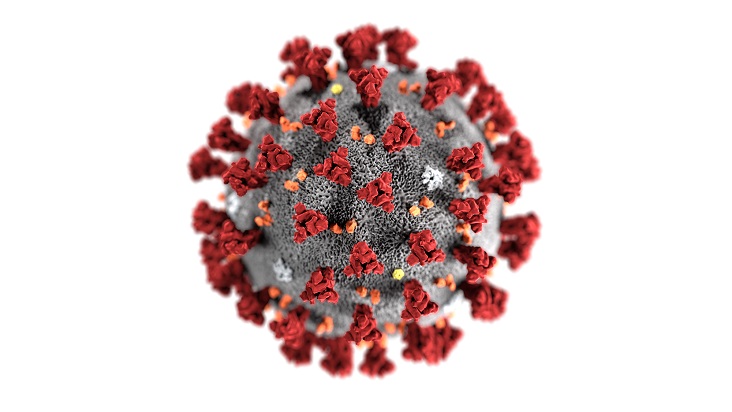New COVID-19 infections reduced by 90 percent this year, the World Health Organization (WHO) has reported. Although, they warn there are still too many uncertainties for them to say that the pandemic is over.
Speaking to journalists during the weekly press conference on Thursday, where he gave an account of the state of global health, Dr. Tedros Adhanom Ghebreyesus the organization’s Director General said while countries are defeating the virus, there’s still limited knowledge on how the virus is evolving and how to handle Long COVID, the long term effects the infection had on sufferers.
Tedros said they are still specifically baffled by the fact that there’s no concrete evidence to show how the pandemic began which makes it hard for them to come up with strategies to cushion against similar emergencies in the future.
WHO has asked China where the virus originated to offer data that experts can assess to get clues on the likely origins of the virus. Tedros says more information is still required as what they currently know is that the first confirmed case of COVID-19 was an office worker in Wuhan who had no travel history anywhere.
Ever since scientists who were convened by WHO to conduct a global Study of the origins of SARS-CoV-2 have had two theories where they believe that the virus could have jumped from animals to humans or it might have escaped from a virology laboratory in Wuhan where they have been studying coronaviruses in bats for years.
Tedros says all these hypotheses remain on the table.
However, as the origins of the virus remain a mystery, WHO says countries have used lessons drawn from the pandemic to make investments that can be helpful to quickly counter any pandemic that may arise for instance they have put in place an emergency fund that will be helpful for future emergencies.
Meanwhile, in terms of numbers, there were 650, 332, 899 confirmed cases of COVID-19 recorded globally by Wednesday. Of these, 6 649 874 were confirmed to have died as a result of the viral respiratory disease.
–URN





